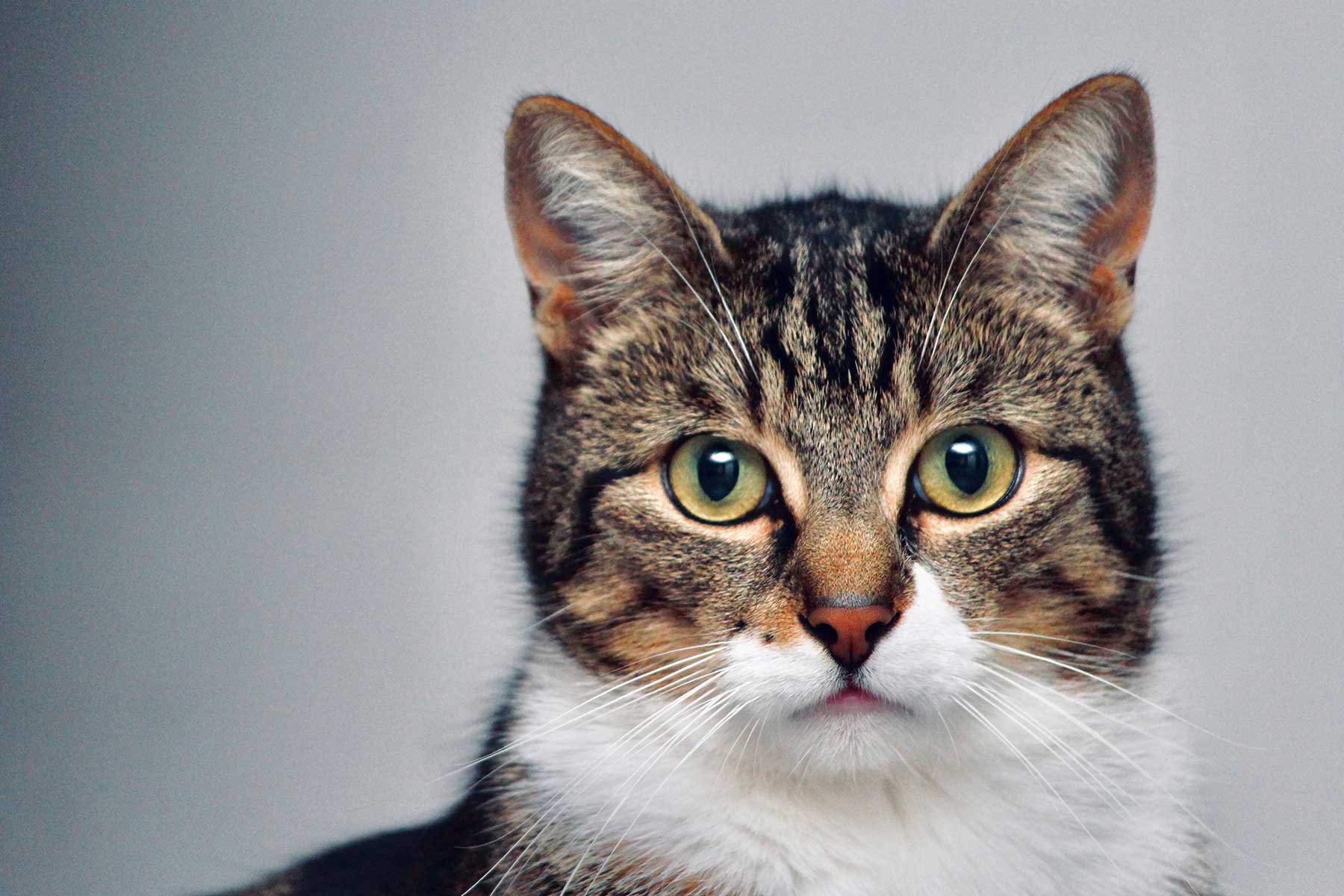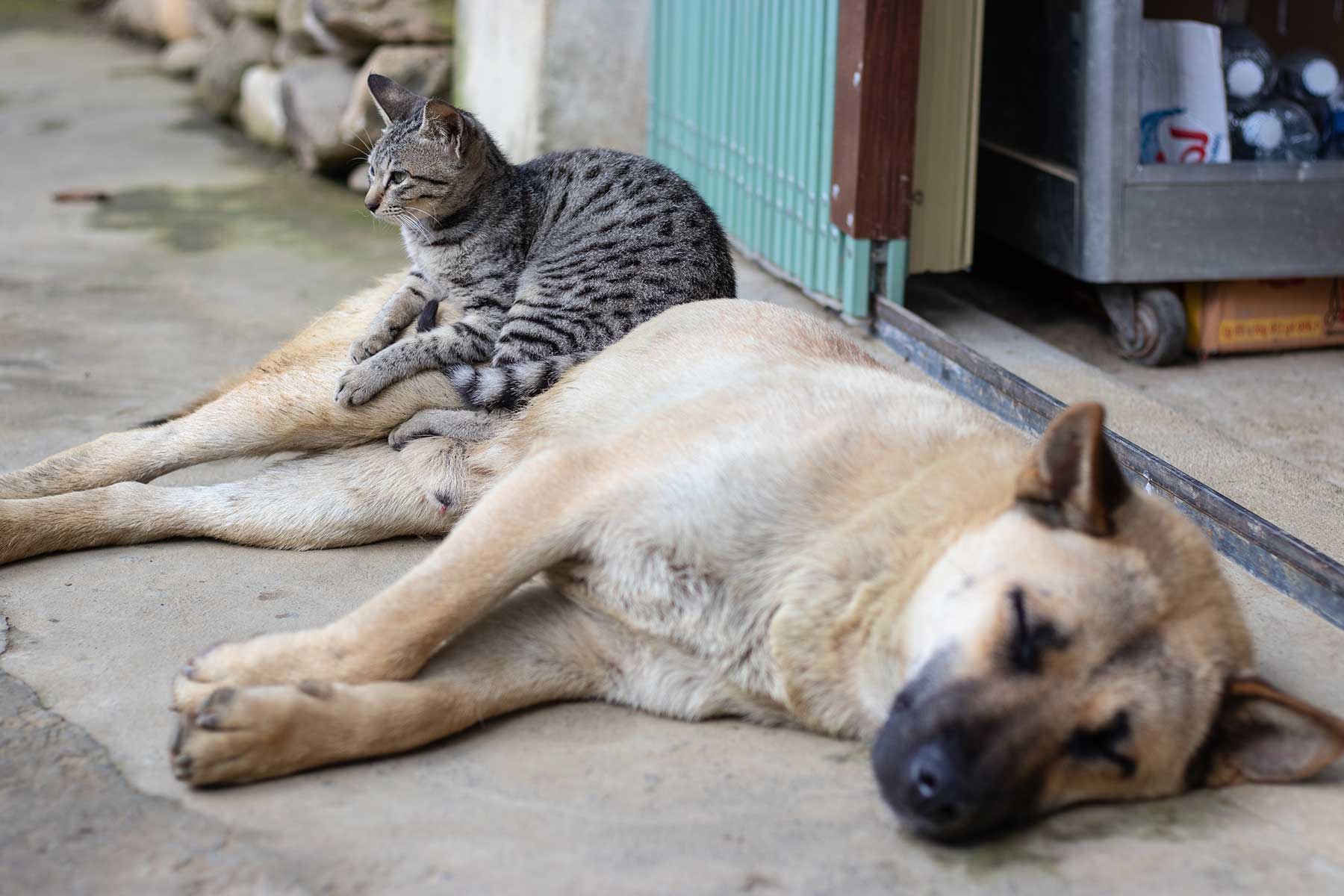History
One of the oldest known breeds of dogs, the Saluki’s origins have been traced back to somewhere between 2000 and 3000 BC. In countries such as Syria, Kurdistan, Persia, Northern Africa and Egypt, the Saluki was declared sacred, with its title, El Hor, translating to the Noble One.
They were treated with utmost respect, given the finest bed linen and quality foods, and never bought or sold – only given as gifts to those deemed worthy. Salukis have been used to hunt foxes, hares and gazelles, earning them the nickname Gazelle Hound.
Personality and appearance
Saluki coats can combine all colours and combinations of colours except brindle. Feathered and smooth varieties of Saluki exist. Gentle and dignified, Salukis are affectionate and extremely devoted to their owners and families. They often attach themselves to a person for life, despite often appearing indifferent to strangers.
Height
58-71cm.
Lifespan
Up to 16 years.
Exercise
Joint injuries can occur in Salukis when overexercised below about 10 to 12 months of age. During adulthood, 5 to 8km a day combining walking and free running is recommended. Due to the hunting tendencies of the breed, owners should take care when letting their Saluki off the lead.
Training
Salukis are highly intelligent but also highly independent so early training and socialisation is imperative to producing a well-adjusted adult. Having been bred as hunters, they can single-mindedly go in for a chase, as well as managing to escape from gardens with fences lower than five feet high.
Grooming
Salukis shed little amounts of hair but the feathered varieties tend to require a quick daily groom with a soft bristle brush.
Health concerns
Centuries of selective breeding has eliminated most hereditary problems in Salukis, although some sensitivity to anaesthetics has been shown. Companionship is important for them, as unloved Salukis have been known to develop psychosomatic illnesses upsetting their skin and digestion. Salukis also require soft bedding to prevent calluses.











